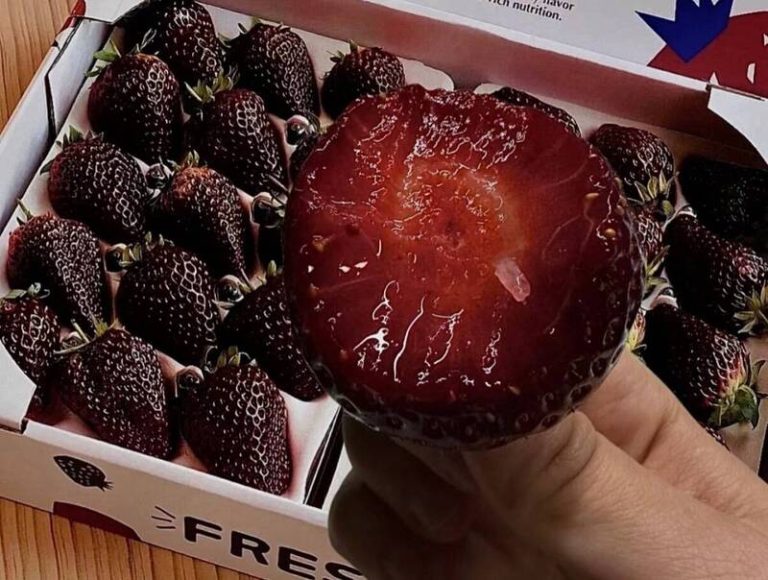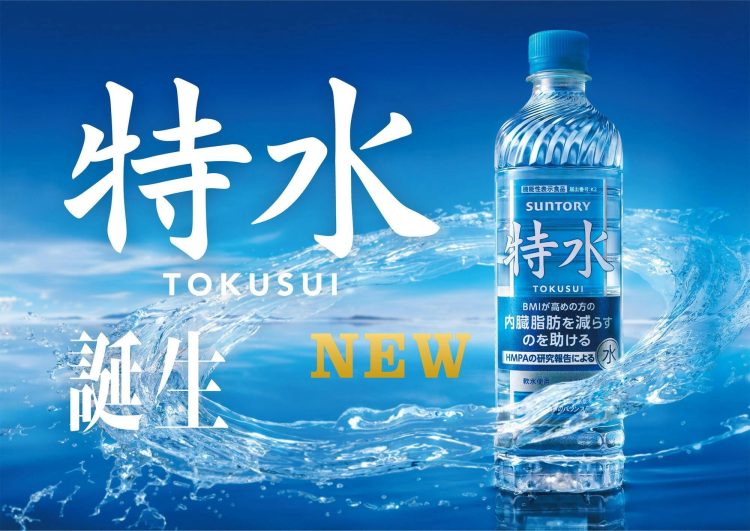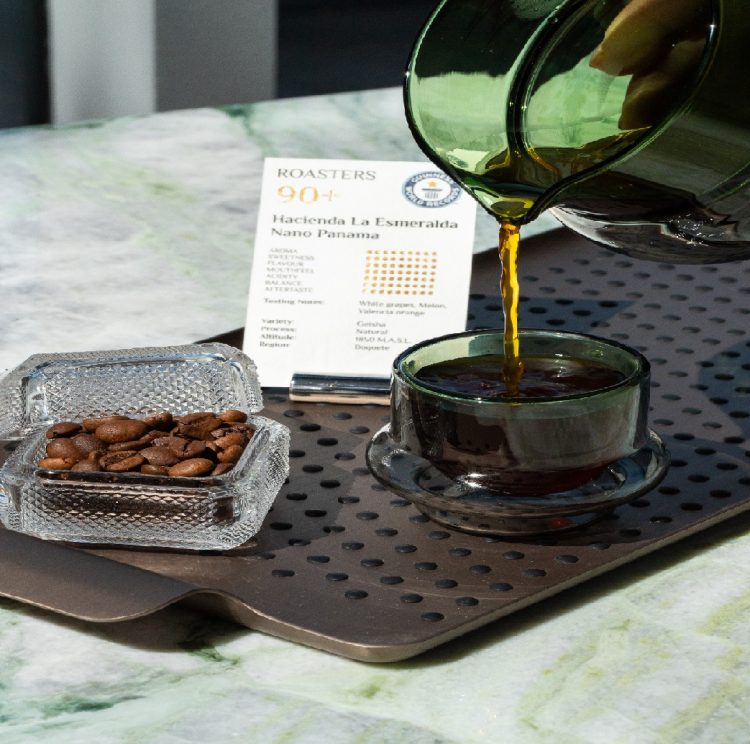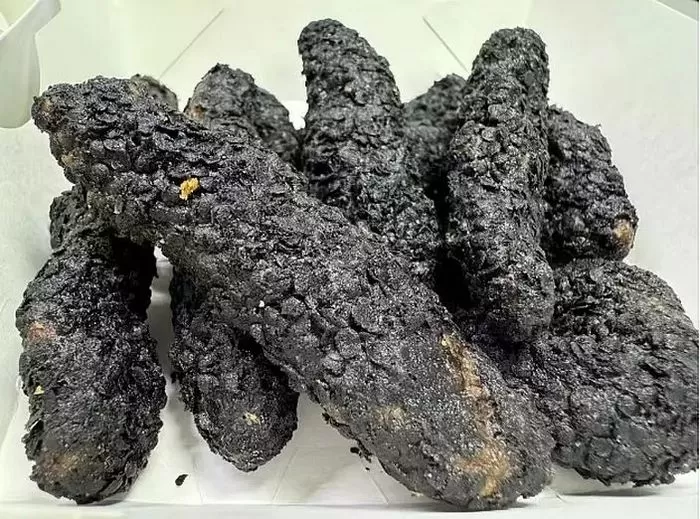Most coffee drinkers use cream, milk or sugar to mask the bitterns of the popular morning booster, but one Seattle-based company claims it has engineered a type of “beanless, molecular coffee” that retains the full flavor of the real thing, but none of its characteristic bitterness.
Atomo is the brainchild of experienced food scientist Jarret Stopforth and entrepreneur Andy Kleitsch. They started out with the idea of optimizing coffee and spent four months in a garage-turned-brewing-lab running green beans, roasted beans and brewed coffee through gas and liquid chromatography in order to identify over 1,000 components in coffee, all the way to molecular level. After analyzing all the essential compounds that gave coffee its natural aroma and flavor, they were able to design their own version, which didn’t include the stuff that gives natural coffee its bitterness.

Photo: kaboompics/Pixabay
“We looked at all the compounds in coffee at a molecular level – the body, mouthfeel, aroma, color – over 1,000 compounds in a roasted bean,” an Atomo press release states. “We found the essential compounds for aroma and flavor. Then we sourced naturally-derived compounds to design our own coffee.”
One of the fundamental differences between this custom-made molecular coffee and natural one is that Atomo’s version doesn’t come from coffee beans. It contains some of the essential molecular compounds found in real coffee, but they are sourced from various “natural, sustainable and upcycled plant-based materials”. Even though Atomo doesn’t use any actual coffee beans to create its product, it can still be commercialized as coffee, because the FDA doesn’t have an official definition for coffee or a standard of identity. Still, the company claims that it will proudly disclose that its product is beanless.
“We’ll be very clear that our coffee doesn’t come from a bean. In fact, we’ll be very proud to say that, and there will be truth in labeling so we’re not deceiving the consumer. But because there is no official regulatory definition, we can still call it coffee,” Jarret Stopforth told NPR.
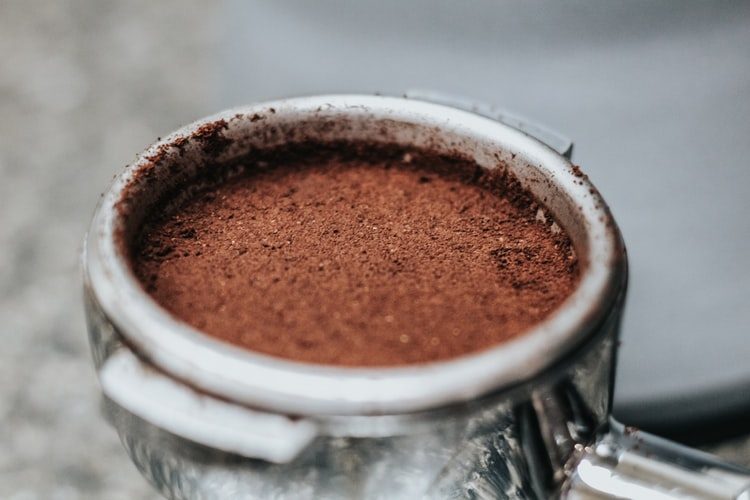
Photo: Devin Avery/Unsplash
As bizarre as the notion of beanless or lab-engineered coffee may sound, there is no denying that it has its advantages. According to a report by the International Center for Tropical Agriculture, the land suitable for growing coffee is expected to shrink by 50% worldwide in the next three decades. By eliminating the need for coffee beans, threats like global warming and fungal infections like “rust” become irrelevant, as does the deforestation of large areas for coffee plantations.
On the other hand, there is no telling how the market will react to a product it probably doesn’t see as natural. The fact that Atomo has so far refused to disclose the ingredients that go into its molecular coffee isn’t exactly helping things in that regard either. So far, the Seattle start-up has only revealed that its product is is a mixture of various of compounds found in food, like antioxidants, flavonoids and coffee acids, with added caffeine.
Atomo coffee will be sold as grounds that can be brewed the same way as regular coffee. It also has the same color as natural coffee, and if the company’s claims are to be believed, the same flavorful aroma. The only thing different about it is how it is made.
The company’s molecular coffee first made news headlines earlier this year when Atomo managed to secure over $25,000 via crowdfunding platform Kickstarter. Since then, it has managed to secure some more serious funding and is expected to launch its ingenious product on the market in 2020.


